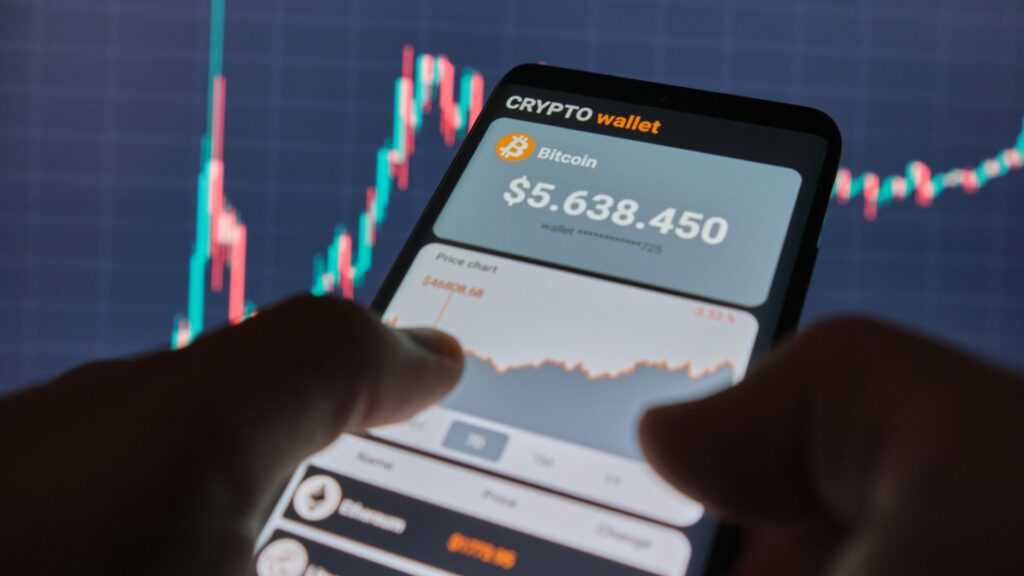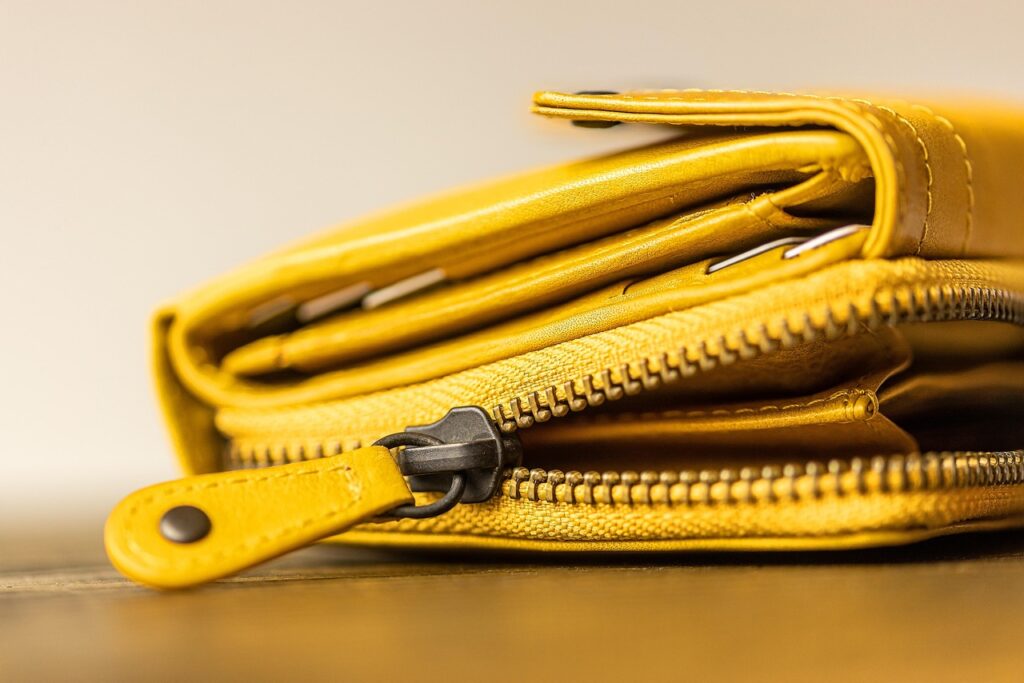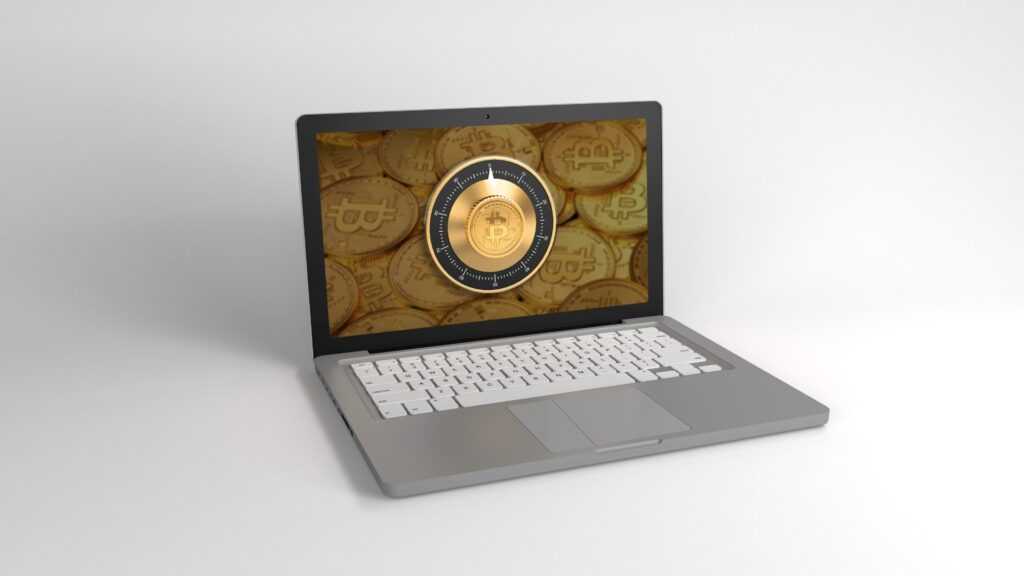Navigating the world of cryptocurrencies can be thrilling, but ensuring the safety of your digital assets is paramount. When it comes to safeguarding your crypto investments, selecting the right wallet is a crucial decision. As an avid crypto enthusiast, I understand the significance of choosing a secure crypto wallet that offers both convenience and top-notch security features.
In this article, I’ll delve into the key factors to consider when picking a crypto wallet to protect your funds from potential threats. From hardware wallets to mobile and desktop options, I’ll share valuable insights on how to make an informed choice that aligns with your security needs. Stay tuned to discover the best practices for securing your digital assets in the ever-evolving landscape of cryptocurrency storage solutions.
Factors to Consider When Choosing a Secure Crypto Wallet
Type of Wallets Available
When selecting a secure crypto wallet, considering the type of wallet is crucial. There are various options available, including hardware, mobile, and desktop wallets. Each type has its own set of advantages and security features that cater to different needs. It’s essential to assess your requirements and choose a wallet type that aligns with your preferences and level of security.
Security Features to Look For
To ensure the safety of your cryptocurrency investments, it’s vital to look for specific security features when choosing a wallet. Some key features to consider include two-factor authentication, encryption, backup and recovery options, multisignature support, and compatibility with reputable security standards. By prioritizing wallets with strong security measures in place, you can significantly reduce the risk of unauthorized access and protect your digital assets effectively.
Popular Secure Crypto Wallet Options
When considering secure crypto wallet options, it’s crucial to prioritize those that offer a combination of robust security features and user-friendly functionality. Let’s delve into two popular choices known for their reliability and advanced security measures.
Wallet A
In the realm of secure crypto wallet solutions, Wallet A stands out as a top contender. This wallet combines cutting-edge encryption technology with intuitive user interfaces, making it ideal for both beginners and experienced cryptocurrency users. With features like two-factor authentication and multisignature support, Wallet A provides an added layer of security to safeguard your digital assets effectively.
Wallet B
Another reputable option in the realm of secure crypto wallets is Wallet B. Renowned for its stringent security protocols and seamless user experience, Wallet B offers encryption capabilities that ensure the privacy and integrity of your cryptocurrency holdings. Additionally, Wallet B prioritizes regular security audits and compliance with industry best practices to keep your assets protected from potential threats.
Tips for Safely Storing and Backing Up Your Wallet
When it comes to safeguarding your crypto investments, securely storing and backing up your wallet is paramount. Here are essential tips to help you ensure the safety and integrity of your digital assets:
Importance of Private Keys
Protecting your private keys is fundamental in securing your cryptocurrency wallet. Private keys are the gateway to accessing and managing your digital assets. It’s crucial to keep your private keys completely private and never share them with anyone to prevent unauthorized access to your funds.
Secure Backup Practices
Implement robust backup practices to prevent the loss of your wallet data. Regularly backup your wallet and store these backups in secure locations, such as encrypted USB drives or hardware wallets. By keeping multiple backups in different physical locations, you can mitigate the risk of losing access to your funds in case of theft, damage, or malfunction.
Utilize Hardware Wallets
Consider using hardware wallets for an extra layer of security. Hardware wallets are physical devices that store your private keys offline, making them less vulnerable to online attacks. They provide a secure way to manage your cryptocurrency holdings without exposing your private keys to potential cyber threats.
Enable Multi-Signature Support
Opt for wallets that offer multi-signature support for enhanced security. Multi-signature wallets require multiple private keys to authorize transactions, adding an extra level of protection against unauthorized access. By distributing signing authority among different keys, you can prevent a single point of failure and reduce the risk of compromise.
Regularly Update Software
Stay proactive in updating your wallet software to patch any vulnerabilities and ensure the latest security features are implemented. Software updates often include bug fixes and security enhancements that help safeguard your funds from potential threats. By keeping your wallet software up to date, you can strengthen its defenses against emerging security risks.
Educate Yourself on Security Best Practices
Continuously educate yourself on security best practices to stay informed about the latest threats and protective measures. Stay vigilant against phishing scams, social engineering attacks, and other common tactics used by cybercriminals to compromise cryptocurrency wallets. By staying informed and adopting best security practices, you can proactively protect your digital assets from unauthorized access.
Best Practices for Secure Transactions
Focusing on secure transactions is crucial when dealing with cryptocurrency to safeguard investments effectively. Here are some best practices to ensure secure transactions:
- Use Strong Authentication Methods: Implementing two-factor authentication adds an extra layer of security to your transactions by requiring a second verification step along with your password.
- Regularly Update Wallet Software: Keeping your wallet’s software up to date is essential as updates often include security patches that address vulnerabilities and strengthen protection.
- Backup Your Wallet Securely: Regularly backup your wallet to prevent data loss in case of device failure or other unforeseen circumstances. Store backups in multiple safe locations to avoid single-point failures.
- Beware of Phishing Attempts: Be cautious of phishing scams where malicious entities try to trick you into revealing sensitive information. Always verify URLs, emails, and communications related to your crypto transactions.
- Choose Reputable Wallet Providers: Opt for wallets from trusted and reputable providers known for their strong security measures and commitment to user protection. Research extensively before selecting a wallet to ensure reliability.
By adhering to these best practices for secure transactions, you can enhance the safety of your cryptocurrency holdings and minimize the risk of unauthorized access or data breaches.






